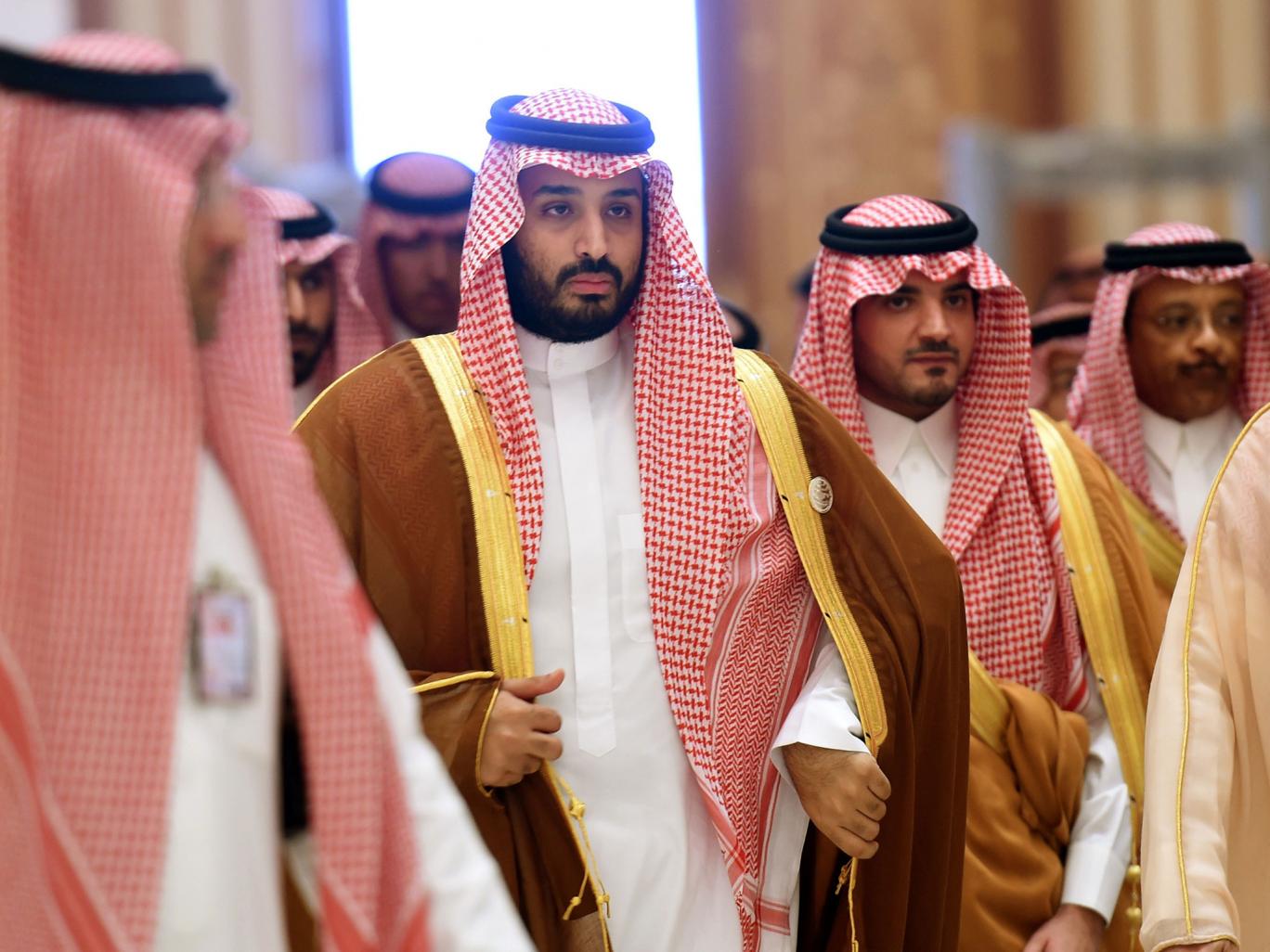The world’s dependence on oil is fading, and Saudi Arabia doesn’t want to get left behind.
The kingdom will build a $2 trillion sovereign wealth fund to slowly but unmistakably transform its economy for a post-oil world, Bloomberg reported Friday morning.
The news was delivered by Deputy Crown Prince Mohammed bin Salman during a five-hour interview at his royal compound that stretched until 4 a.m. local time. In the short-term, Saudi Arabia’s economy and revenue will still be rooted in oil. That’s because the fund will get the bulk of its value from the shares it holds in Saudi Aramco, the kingdom’s prize oil asset and the world’s most valuable company.
Aramco will be publicly listed sometime in 2017 or 2018, but Saudi Arabia is only selling five percent of the company. The rest of the shares will be moved into its new fund. “Transferring its shares to [the fund] will technically make investments the source of Saudi government revenue, not oil,” bin Salman said. “What is left now is to diversify investments. So within 20 years, we will be an economy or state that doesn’t depend mainly on oil.”
Just how big is $2 trillion? It’s almost twice as big as the world’s 9 major oil companies combined and enough to buy the world’s four largest companies (Apple, Google’s parent company, Microsoft and Berkshire Hathaway), Bloomberg notes.
It’s also enough to break a new renewable energy investment record for five years or pay for the entire world’s fossil fuel subsidies for four years.
The transition will take two decades because, as they say, you can’t turn an oil tanker and $2 trillion on a dime. But the very decision to sell shares of Aramco is itself telling: It is a clear indication that the Saudis really do think oil’s era is ending.
“Why would you IPO your only valuable asset when oil is at its lowest point since 2003?” Andrew Logan of Ceres, a sustainable investing nonprofit, said to Bloomberg in January. “The most obvious way to read it is they are starting to see the writing on the wall — that the age of oil is coming to an end and they are looking to cash out while they can.”







